operations
Sustainability is fundamental in all our operations in order to ensure the prosperity of Metalsa, the planet and future generations.
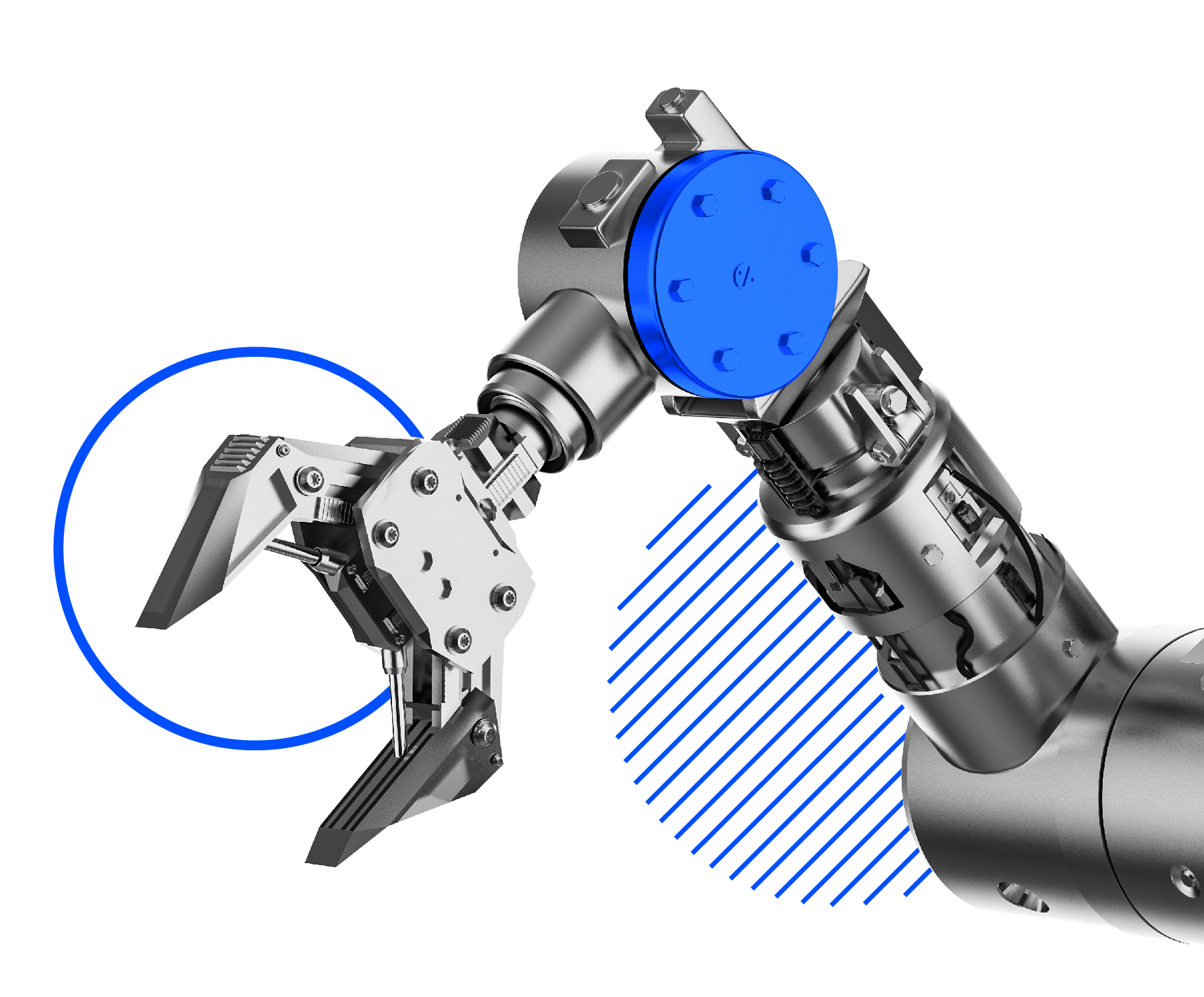
Sustainability is fundamental in all our operations in order to ensure the prosperity of Metalsa, the planet and future generations.

The Metalsa Operating System (MOS) defines all procedures to be followed in our operations. It is represented in the Board by the Light Vehicles SBU Coordinator.
The purpose of MOS is to achieve an integrated and consolidated approach to:
MOS ensures that the best practices and lessons learned are standardized and process efficiency is constantly increasing.


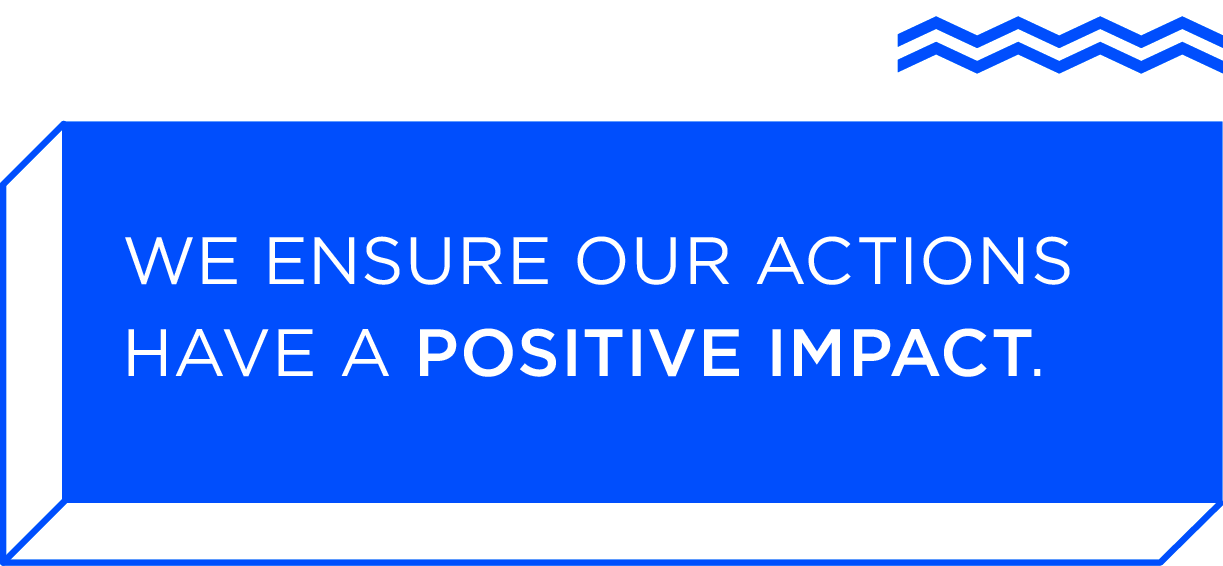
As a Company that has taken on Sustainability as part of its business strategy, we have the responsibility of generating value for our Stakeholders. We reinforced our commitment to the future of new generations by creating the ideal context for the automotive industry to continue being a driving force and a source of employment for many years to come.
During 2020, we redefined out sustainability strategy aiming to increase our sustainability initiatives and their impact on the communities and environment, as well as to direct the business efforts towards sustained growth in the future.
This document is aligned to the 10 Principles of the Global Compact and defines our initiatives’ contributions to the UN Sustainable Development Goals (SDG) to achieve the 2030 Agenda for Sustainable Development.
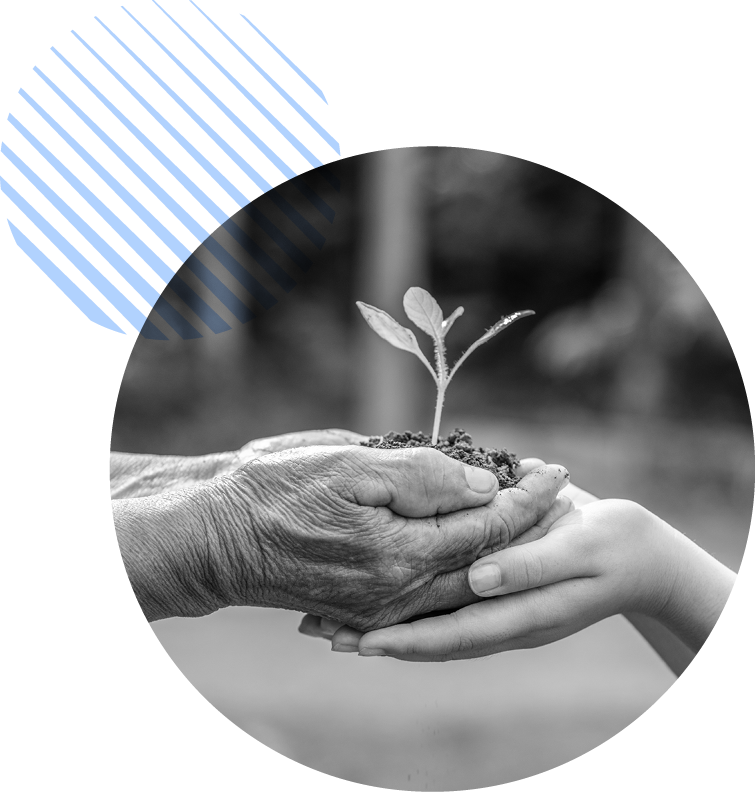

To generate value in the three sustainability dimensions –People, Planet & Profit– within a corporate governing framework by fostering quality of life in our collaborators and their families, while developing a solid value chain; always aiming to become a corporate citizen that provides a responsible return to shareholders’ investment while protecting the environment and developing the communities where we operate.”


Our sustainability efforts are focused on evaluating actively our processes and their impacts, continuing to adhere to international reporting standards and complying with sustainability standards and certifications.”
Jorge Garza, Metalsa Coordinator
During 2019, we carried out our materiality assessment to identify all relevant topics, trends, risks and opportunities, aiming to develop strategies and align our sustainability efforts to our business model and the industry’s progress. The methodology used complies with the Global Reporting Initiative’s (GRI) guidance to identify, prioritize and validate material topics.
Therefore, we carried out a qualitative and quantitative analysis of the industry’s maturity, sector risks and social risks through a benchmark comparing the sector’s most significant companies, laws and industry chambers, as well as voluntary associations. Besides material aspects, this assessment revealed areas of opportunity for our company –urgent topics–, which are reported as material, since they are of great relevance for the industry.
Furthermore, during 2020 we presented these topics to a significant sample of our critical stakeholders –Customers, Suppliers and Collaborators– to obtain their feedback and fulfill their needs, as well as to validate material aspects. The main results from this stakeholder engagement were:

This way, we identified the material aspects we report on this document. All results are portrayed in the following matrix.


Material and urgent aspects were then translated to Topic Specific GRI Standards:
| MATERIAL ASPECT | TOPIC SPECIFIC GRI STANDARD |
|---|---|
| Operations | GRI 102. General Disclosures. Organizational profile |
| Product / service development | GRI 416: Customer health and safety GRI 417: Marketing and labeling |
| Ethics and integrity | GRI 102. General Disclosures. Ethics and integrity |
| Corruption / bribery / transparency | GRI 102: General Disclosures. Ethics and integrity GRI 205: Anticorruption GRI 206: Anti-competitive behavior GRI 415: Public policy |
| Brand management | GRI 419: Socio Economic Compliance |
| Supplier standards | GRI 204: Procurement Practices GRI 308: Supplier Environmental Assessment GRI 414: Supplier Social Assessment |
| Occupational health and safety | GRI 403: Occupational health and safety |
| Human rights | GRI 406: Non-discrimination GRI 407: Freedom of Association and Collective Bargaining GRI 408: Child Labor GRI 409: Forced or Compulsory Labor GRI 412: Human Rights Assessment |
| Environmental policies | GRI 307: Environmental compliance |
| Energy eco-efficiency | GRI 302: Energy |
| Waste management | GRI 306: Waste |
| Urgent aspect | Topic Specific GRI Standard |
|---|---|
| Client relations management | GRI 102: General Disclosures. Stakeholder engagement GRI 416: Customer health and safety GRI 417: Marketing and labeling |
| Risk management | GRI 102: General Disclosures. Strategy GRI 102: General Disclosures. Organizational profile GRI 102: General Disclosures. Governance GRI 201: Economic performance |
| Social impact | GRI 201: Economic performance GRI 203: Indirect economic impacts GRI 413: Local communities |
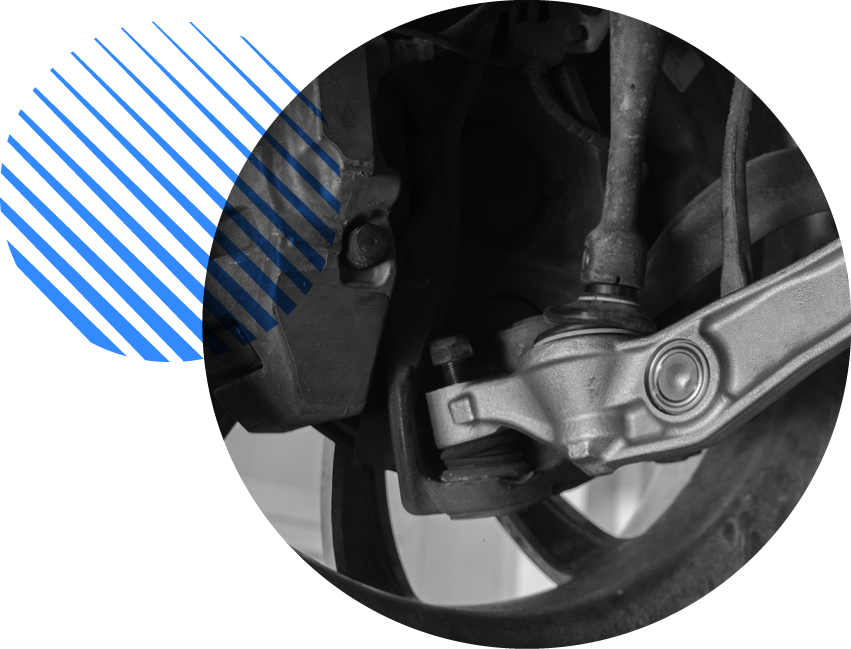

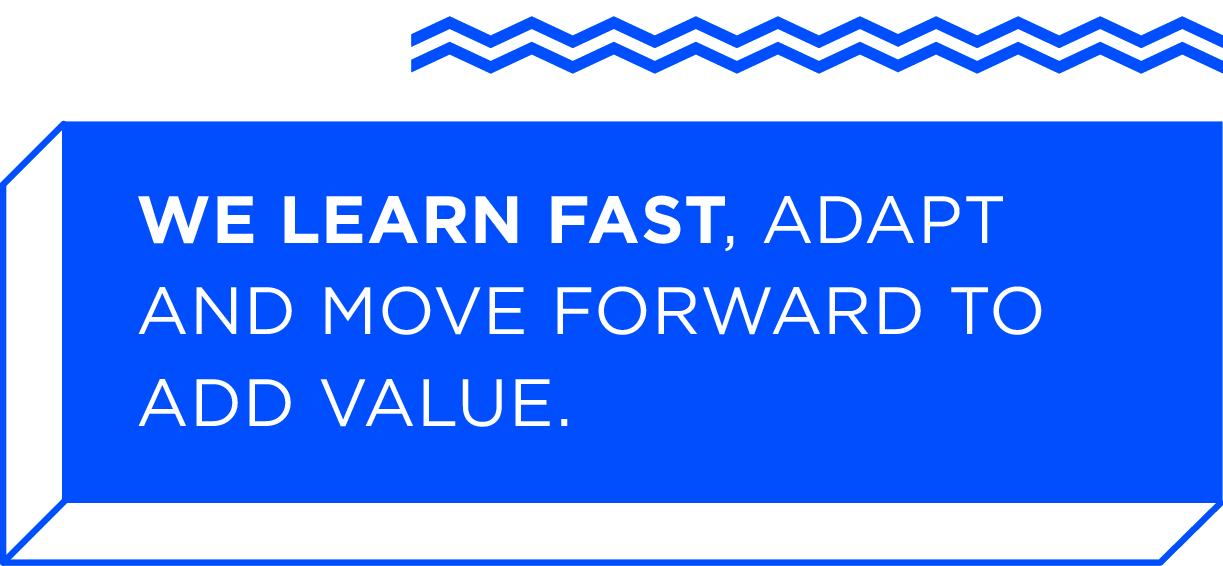
Though we have a vast number of stakeholders, the sustainability strategy is focused on the ones with the highest influence on Metalsa, as well as those aligned to Proeza’s guidelines regarding stakeholders.

| STAKEHOLDER | COMMUNICATION CHANNELS | EXPECTATIONS AND CONCERNS | RESPONSE |
|---|---|---|---|
| Collaborators |
|
|
|
| Families |
|
|
|
| Proeza shareholders |
|
|
|
| Suppliers |
|
|
|
| Customers |
|
|
|
| Environment and Community |
|
|
|